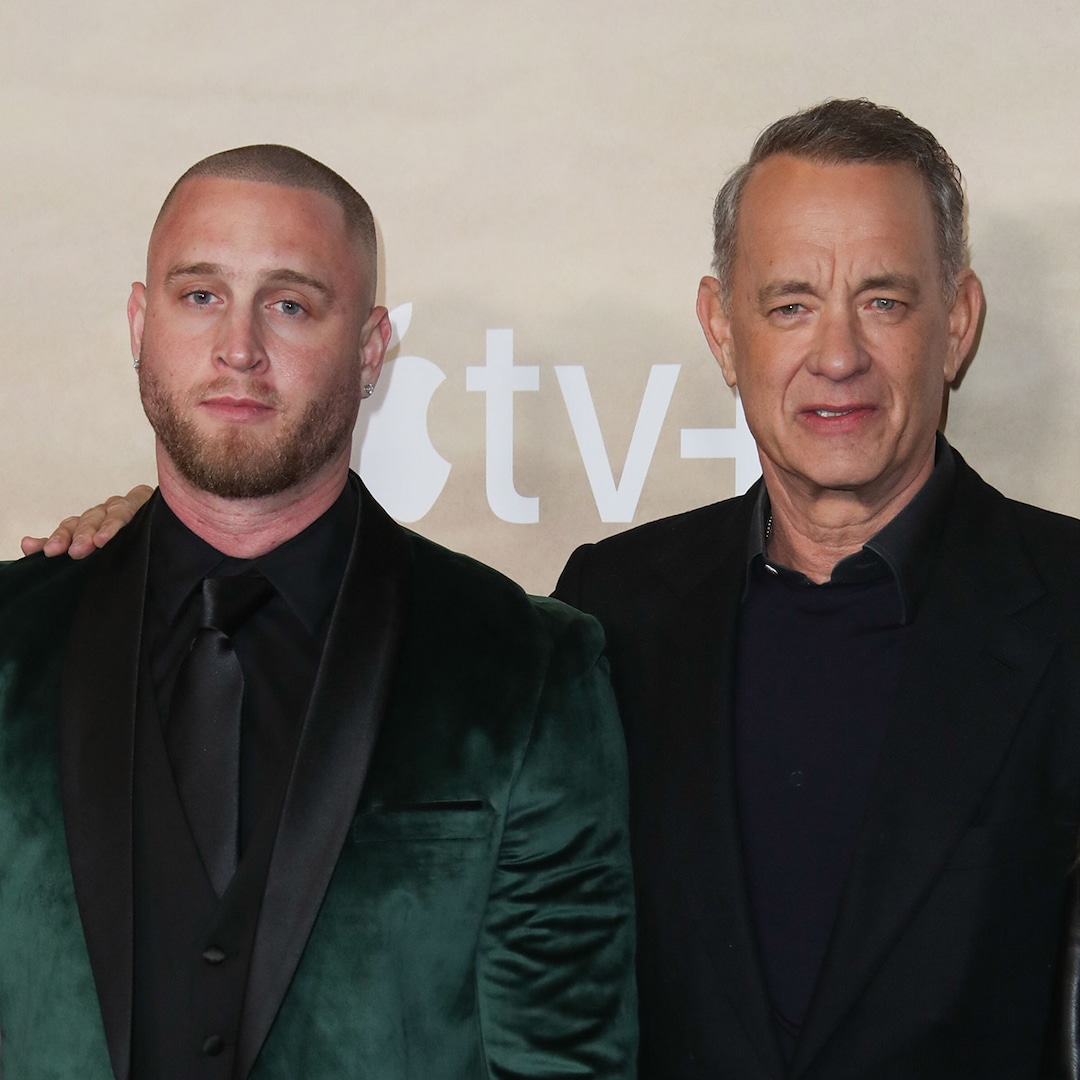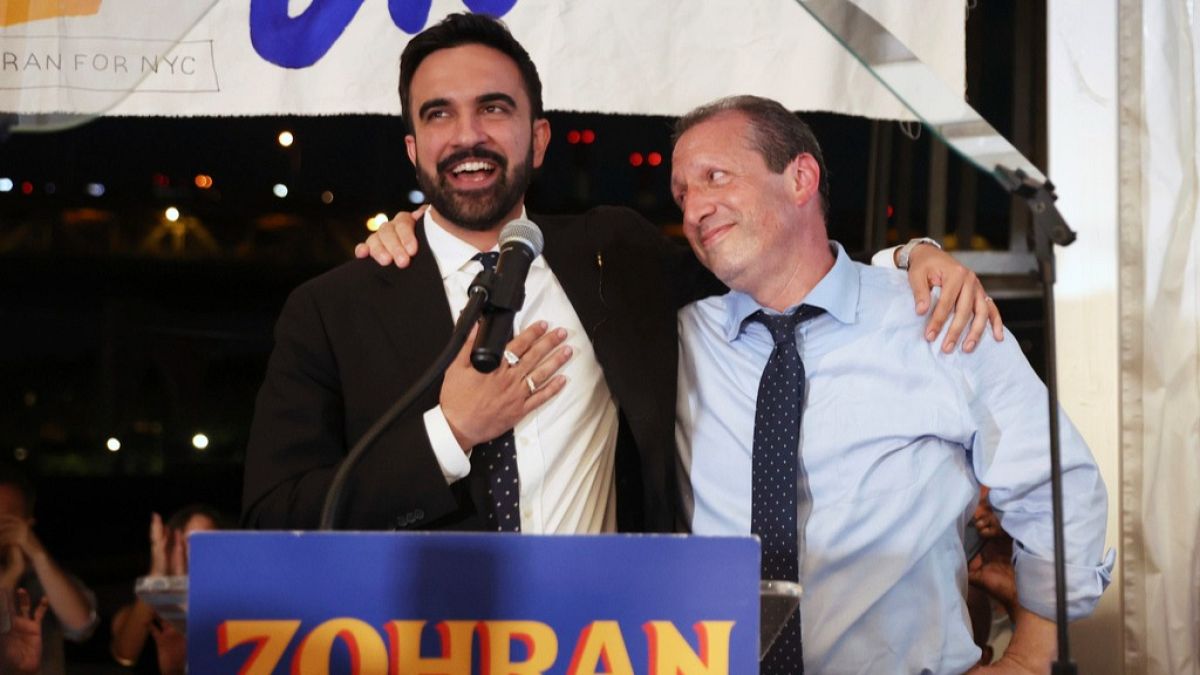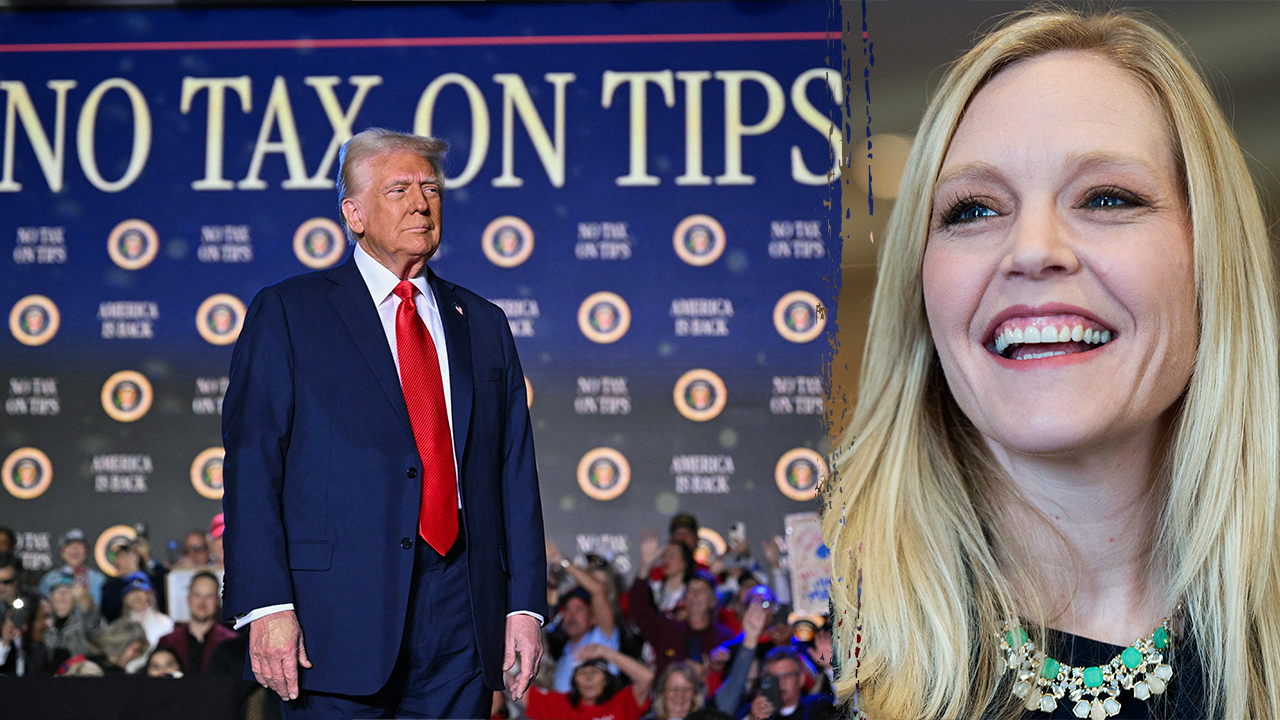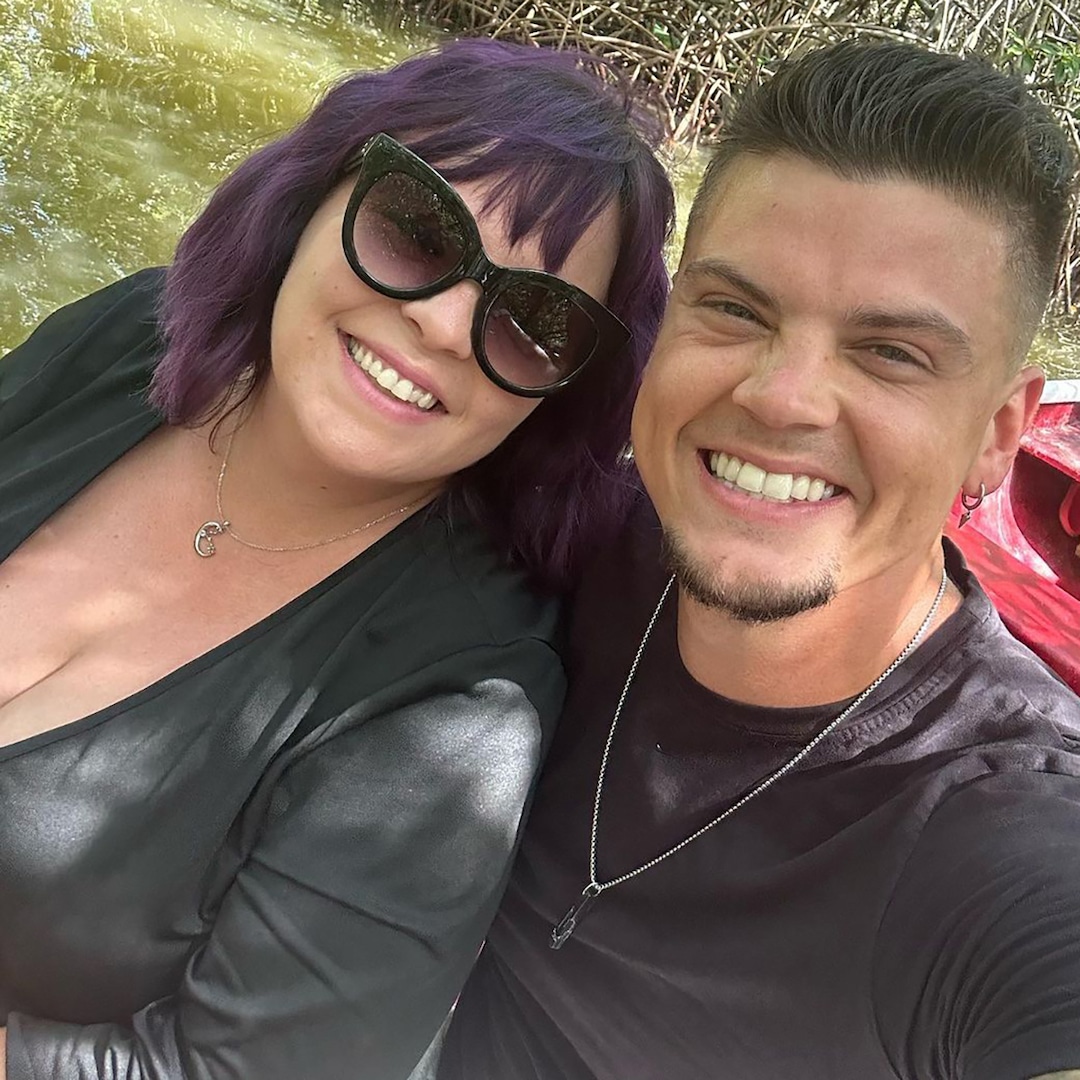What Materialists got wrong (and right), according to matchmakers


This article contains spoilers for Materialists.
In Celine Song's latest movie Materialists, matchmaker Lucy (Dakota Johnson) is cynical about love. She sees love as a numbers game and a business transaction, both for her clients and herself.
In fact, matchmaker and CEO of Agape Matchmaking Maria Avgitidis told Mashable that if Lucy were her client, she'd tell her to be single. "I think Lucy's character has a lot of work to do as a person," she said.
Avgitidis, author of Ask a Matchmaker, was initially excited when the Materialists trailer came out. "I remember thinking, 'Oh my god, they're finally showing that matchmakers are in an office with other people, and like everyone else, we have Excel sheets," she said. It seemed that Materialists was going to portray the validity of her profession and show how matchmakers build community.
Then she, like the other matchmakers Mashable spoke to, saw Materialists at an early screening.
"When I left the movie, I was just like, 'Oh shit,'" she said. Materialists got some parts of matchmaking extremely accurate, but others so wrong. Two other matchmakers told Mashable much of the same.
What Materialists got right
Let's start with the positives — if you could call a superficial society a positive. "Certain parts were quite accurate, especially when you're first sitting down with someone, when they're just barking numbers at you," Avgitidis said.
Several montages in Materialists feature daters specifying height and incomes they want (women looking for men), along with ages and even BMI (men looking for women).
"The very demanding client is true," said Adam Cohen-Aslatei, CEO of matchmaking service Three Day Rule.
"A lot of people come to matchmakers, and I think that their perception is, 'Well, I'm paying, I'm going to get exactly what I want.' It's sort of the Build-A-Bear model. And humans aren't objects. We're not material. And so we have emotions, we have personality, complexity, layers."
Featured Video For You
Another accuracy, as cynical as it is: Dating is a market, like Lucy says.
Cohen-Aslatei said Lucy oversimplifies the process, but dating is indeed a market. "If you think about buyers and sellers, there's singles, single guys, single girls, LGBTQ, everything. So it truly is a marketplace," he said.
"What [Materialists] got right was this…there are 'high-value men' and 'high-value women' that exist in the market, because it ultimately is a dating marketplace," said Nandini Mullaji, founder of AI matchmaking app Sitch. "High value" less than in a manosphere way and more of a "man in finance, trust fund, 6'5", blue eyes" type of way.
"Height and hairline are two things that women really care about," Mullaji said. Materialists puts a big emphasis on men's height in dating, as does online dating in general.
"Dating apps have become all about filtering," Mullaji said, but daters don't realize that narrows their dating pool. If women set filters for six feet and over while average men's height in the U.S. is 5'9", they're losing out on a lot of potential matches.
The "Tinderfication of dating" (as Avgitidis called it) has resulted in people filtering out people based on genetics that they don't have control over — unless they have hundreds of thousands of dollars for surgery, Mullaji continued.
Another thing Materialists gets right is that people are very open and vulnerable with their matchmakers, said Mullaji. Since Sitch uses AI, she said users are "200 percent" honest about what they want because they're not speaking to another human.
A more wholesome aspect that Materialists got right, according to Cohen-Aslatei, is celebrating client wins. In the movie, Lucy's office celebrates when clients get engaged and married.
"What was cool about the movie is in the office, all those matchmakers truly were so excited when their clients found a person, got engaged, got married, had a milestone in their relationship," he said. "That is exactly what happens in our company."
What Materialists got wrong
While "barking numbers" is accurate with clients first coming to matchmakers, Avgitidis said the movie didn't take it to the next step, which is the conversation she has with clients afterwards.
"When someone says to you, 'He has to be at least six feet when they're five foot two, it's like, 'Well, why is that important to you? And what if you met someone at a friend's wedding and they were five foot seven? Would you not talk to them?'" Avgitidis explained. "And then you break down a little bit of the social expectation barriers that are given to these people. So I thought that's what it was like missing [from Materialists] in a big way."
She also said that good matchmakers are inherently community builders. What hurts the industry, she said, is not showing that, and not showing how they move clients away from their wish lists and back to the reality check.
Another issue matchmakers had in the film is the plotline of one of Lucy's clients getting assaulted.
"It sort of seems like this is an everyday occurrence, and…at least in our case, that's in our case, that's in my experience in the industry, has not been the case," said Cohen-Aslatei.
Three Day Rule has a vetting process, including video calls and background checks. "Of course, you can never completely know who a person is, but we do our best to weed out people who we feel like can be in any way, shape, or form, seen as abusive, harassing, etc.," he said. "I just don't think that's as prevalent in their industry as the movie suggests."
Avgitidis argued the same about the crisis in the movie. A crisis like setting up a singles event and not knowing enough straight men would be more realistic, she said, as she's been in that situation many times before. Now "the phones have not stopped ringing, and some of them, most of the calls, are [liability] lawyers…I'm used to people who are single call me. Now, [it's] people who want to sell me services," she said.
And what Materialists got half right and half wrong, Mullaji said, is that love has to be part of the equation. In the film, Lucy says relationships are a math problem, but eventually learns love needs to be part of it too.
"It's not just a checklist of being like, anyone XYZ, and the other person wants A, B, and C, and since you both have those things, therefore it's a perfect match," Mullaji said. "We have multiple people who meet our criteria, but who you ultimately pick is because you feel some real degree of love."
Dating apps vs. matchmakers
Avgitidis said Celine Song showed the commodification of dating, but she portrayed it through the prism of matchmaking rather than dating apps.
"It's not like you can show someone just swiping away," she said. "We've seen that, right?"
Daters may choose apps over matchmakers because the latter isn't cheap. Three Day Rule packages start at $5,900 for three months of matchmaking, and the company has a million-dollar package as well. It is launching an AI matchmaker this fall, which will run on a freemium model.
Sitch, on the other hand, charges for packs of setups ($90 for three, $125 for five, and $160 for eight).
But daters are growing increasingly tired of the apps — which, in recent years, have begun charging more for features that used to be free.
Despite the movie's flaws, Cohen-Aslatei said it's an important movie for people to see, because it shows an alternative to dating apps.
"Younger people have no concept of matchmaking," he said. It's not a tradition in America like it is in other community-based cultures, like in Indian or Jewish culture. In the U.S., which is a more individualistic society, daters think they know what they want and they're on the journey on their own.
Some apps have even tried to bake in this form of community, like Tinder with its Matchmaker feature and new Double Date feature. That may be because, as Avgitidis said, "Dating was never meant to be done alone."
"You were never meant to do it on your couch with your phone in your pocket." She advocates for a more communal approach.
As matchmakers, all of these people obviously want more people to use their services. But there's something to be said for a more community-based form of dating. Whether Materialists will help or hurt the matchmaking industry, only time will tell. Everyone seems to agree, though: the apps continue to suck.




















































.png?Expires=1838763821&Key-Pair-Id=K2ZIVPTIP2VGHC&Signature=IO0~CT3pU-TcxGc~yoZSmoQx23MZVuK-~4jSii~NKEblRmyO3el7NXPu~Rh1o23voASg7hlcHLw4kvQuDK1jssEhcjoNBBvEpZ~GGOAU6yosBhpHpeF179F~h7i6VxmsBNh9gtTutkoqY73O2YCFey~IAqSzKbBqETP1kP9cAg1916Z1YkJJs-5MliMrkZ5d7-mWGLbpHp2wGj2VlMph8XzYlL4~y1O7fB~JdIS~Rs4RMRs2x0WT1qUIpHAsf3GdwtOyAmKFSpIg8xCyNGZZ5h~13nXlmpd7uPvW8tBfttpG9pFTqcway-uch5WyfHOEfi7UlJCOWrr6fCYY5PMgSg__)







